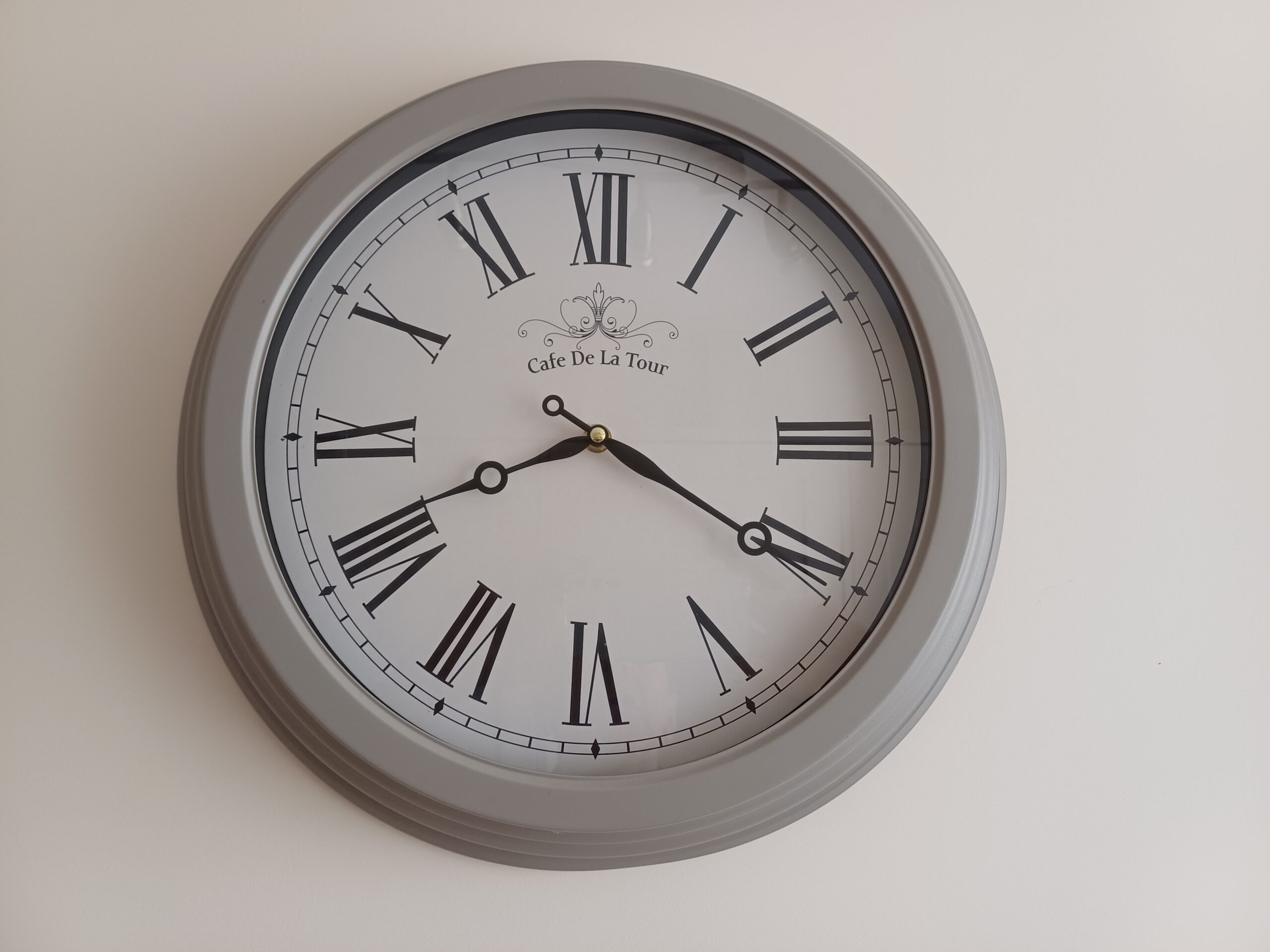Why Twelve?
Twelve is fundamental number in the Bible it appears almost 190 times in various configurations. Most importantly there are twelve tribes and twelve apostles. It is a special number, a holy number, a perfect number. But where does this number come from and how does it acquire its significance – why Twelve?
You might think that twelve starts to be significant as the twelve sons of Jacob in Genesis 35. These become the 12 tribes of Israel. But before that we read in Genesis 17:20 of Ishmael having twelve sons, twelve princes.
In the Gospels Jesus chose the Twelve to be his disciples. The disciples were so keen to maintain 12 that replacing Judas was the first order of business after his suicide. They thought there was some special significance to the number twelve
So why twelve is a good question.
Twelve in our culture
Twelve is also a significant number in our culture, one of the two number systems we use (the other being 10 – which gives us the decimal system). Our English word for numbers reflect its significance – we have a different kind of word for eleven and twelve compared to thirteen. I had to learn my 12 times table as a kid – for
reasons that were never clear to me. Twelve is the number that we see on our clock faces and digital watches. Our time is measured in the twelve hours of morning and the twelve hours of afternoon. It is a number of completeness for us too – a dozen of something is (or used to be!) the right number. Historically we have twelve jurors in a jury
Counting sheep and moons

But one reason why we use twelve is a mystery to us modern folk… who never need to count sheep. Twelve is how you count on the fingers (and only the fingers) of one hand. Each finger has three bones in it. You have four fingers, and a thumb to count with. [image]
And what happens when you get beyond twelve….you point with a different finger of the other hand. And so you get to count up to 60 (12×5)…. But that’s a different story.
There is, of course, another reason twelve is significant – there are twelve new moons, and hence twelve moonths (sic), in a year. Again, the cycles of the moon are not something we even notice in a world of electric light and google calendars, but the ancients knew and valued the moon as a source of light and influence on our world. Those who live by the sea know that the phases of the moon affect the tides. And of course the length of the moons cycle is similar to that of the menstrual cycle – a connection that has intrigued humanity through the ages.
So we have two natural reasons why twelve is a complete number. Look up twelve in a concordance (when you have nothing better to do 😉 ) and you will see reference after reference which reflect that sense of twelve being the right number, the complete number. Twelve is used with cubits as the right length. It is the right number of animals for a sacrifice. Sometimes it is amplified by being twelve thousand men or horses. It appears in the gospels in the feeding of the multitudes, and the completion of the miracle by collection of the crumbs. And in Revelation 21 it is again a pointer to the completion of everything made concrete in the city of God, with twelve gates and foundations and angels and pearls. Twelve is everywhere in the Bible from as God brings order out of chaos.
The other number system
But for a numbers nurd and child of decimalisation like me, there is something more to be said. If twelve is such an important number – why not use twelve as the basis for counting. Our language appears to give us the option – words for eleven and twelve, the significance of the twelve times table. But we don’t go there, and we have never gone there. There is another counting system that dominates over the twelve count system and that is the ten count system. These two systems have both existed in parallel back into ancient times. The Romans used both systems, and Hebrew uses both systems. We see Hebrew words for ten and hundred and thousand. Most significantly there are only ten commandments. We will look at what there mean in later blogs as we consider the difference between these systems

Be First to Comment